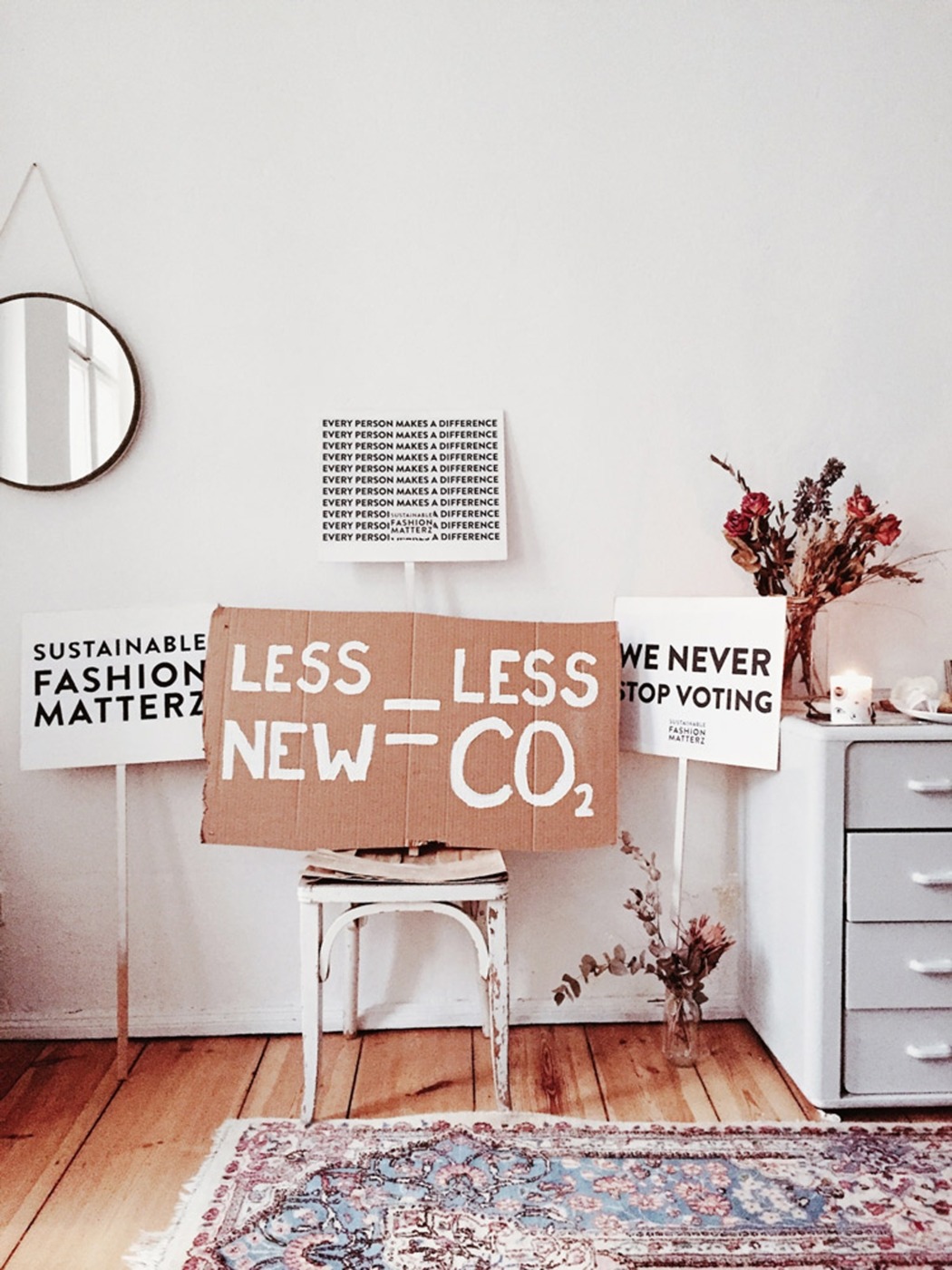Green finance
Green finance is desperately needed by the planet and is increasingly demanded by many investors. If the focus on ESG (Environmental, Social and Governance) investing becomes the norm in the finance sector, it could fund our transition into a green future. Yet in order to prove its value, ESG investments must be profitable, and ESG indices reliable — and both have their strong critics.
There are many ways in which the sector could contribute to a more sustainable future. An obvious case would be to use renewable energy in their buildings, and many banks such as Santander, ING and HSBC talked of going carbon-neutral. While welcome, this is only a tiny step in the right direction. A bank’s biggest climate impact happens through its clients, and with billions going around, the potential is sky high. JP Morgan Chase for example, has been notorious for funding pollution: since the Paris Agreement was signed, it put a total of $268 billion into coal, oil and gas firms — gaining a reputation as “the world’s worst banker of climate chaos”. Luckily, pressure from shareholders, at least to some extent, led to a change of heart, and in fall 2020 the bank issued $1 billion inaugural green bonds. They are called “green” as they ring-fence funding for green projects, and are a prime example of how innovative finance can be.
While JP Morgan chase is rather late to the game, sustainability in finance can no longer be described as niche, especially in the United Kingdom. Several key steps have already been taken to allow for innovation in green finance instruments, and their trade. It was the London Stock Exchange that first introduced a dedicated green bond segment in 2015. On this occasion, Gillian Walmsley, LSE Head of Fixed Income, said the Exchange is “leading the development of London as a key international hub for Green Finance.” To this day, green finance is a focus of the British Government and some even hope it could help the City make up its losses following Brexit.
87% of the world’s wealthiest individuals, families, family offices and foundations said the effects of climate change played a part in their investment choices
A crucial factor underpinning this growth is the belief in the attractive return on investment green finance could offer. After all, investment is hardly altruistic — Warren Buffett has repeatedly emphasised that moral judgements are not in the domain of stewards of their investors’ money. Yet, it would not harm any banks to know that their balance sheets, clients, and portfolios could bring about a lot of public good in addition to the private gains.
A significant amount of research conducted so far indicates that being virtuous could indeed be profitable. According to Morningstar, two-thirds of sustainable funds beat the average performer in their category in 2019. BlackRock, the world’s largest fund manager, wrote an open letter in 2020 saying that “sustainability- and climate-integrated portfolios can provide better risk-adjusted returns to investors.” In a way, this is very surprising — didn’t we end up at the brink of a climate disaster precisely because the world though green policies and financial gains couldn’t go hand-in-hand? However, ESG is more than just values: climate change brings real risks and investment opportunities.
The willingness to invest green is already largely present. In a survey published in October by Barclays Private Bank, 87% of the world’s wealthiest individuals, families, family offices and foundations said the effects of climate change played a part in their investment choices. It is the role of their portfolio managers to hence ensure that their investments reflect this. However, the plan to invest green. The most frustrating is the worry that so-called green investments might not, in fact, be green at all.
Such concern is motivated by controversies surrounding ESG investment indices. This is yet another example of how a lack of transparency, compete data, and access to understandable information can harm markets. Confidence is key in investing, and any company’s fall from grace can spread distrust.
Green finance is exciting as it gives hope for the chance to solve global problems through free market
Let’s take the Boohoo scandal last summer as an example. In June, the fast-fashion retailed received a second-highest (double A) ranking from MSCI, a reputable ESG index. This was truly exceptional, and put Boohoo among the top 15% of its industry peers. Fast forward one month: it is revealed that the company was paying workers well below national-wage and did not follow COVID-19 safety protocols. Betrayed investors were surely taught a lesson. Such mistakes could discourage people from taking ESG seriously, and many discard it as mere greenwashing. On the positive note, the gaps in screening could also motivate investors to carry out their own more detailed analysis, a healthy practice.
While perhaps not all ESG-praised companies are secretly unethical, oftentimes the ESG ratings are confusing. A well know example of this problem is the ESG ratings of electric carmaker Tesla. As noted by Credit Suisse, MSCI rates Tesla as the top car company for sustainability, Sustainalytics ranks it mid-pack, while FTSE ranks it as the worst car company. It all simply comes down to how ESG is being measured: each of these ratings of Tesla is done through a different lens. The Financial Times likened it to comparing apples to oranges — not highly practical when you have to make a decision.
Green finance is exciting as it gives hope for the chance to solve global problems through free market. It requires a restructuring of the finance system, training bankers, and innovation in financial instruments. Like any paradigm shift, it requires thoughtful effort and cooperation. The results could very well be worth it: short-term for our pockets, and long-term for our future.

Comments